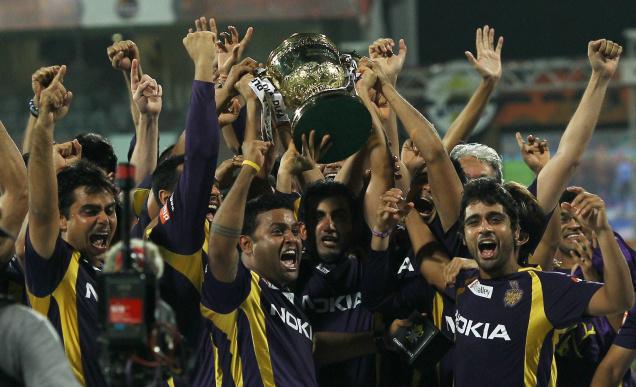
The recent comment by Haroon Lorgat, Chief Executive of the International Cricket Council (ICC), that it would not incorporate the Indian Premier League (IPL) into the Future Tours Programme as this would open the door to similar demands by cricket leagues in other countries is perplexing.
The advent of T20 is changing the structure of cricket worldwide. The T20 game, earlier dismissed as a format that could never become popular, has changed the way the game is perceived, and given birth to a new format of club/franchisee games.
Format’s popularity
As evident even from Mr. Lorgat’s statement, leagues are springing up around the world in Australia, Sri Lanka, West Indies, England and South Africa among others. The very reason these leagues are functioning commercially testifies to the popularity of the format.
The ICC’s original structure is that of national teams playing each other in bi-lateral or tri-lateral tours where the domestic boards (the hosting board, in particular) have the right to the revenue generated during the tour, minus the expenses.
The club/franchisee system is striving to change a system in which players only represented their national or state or employer’s team to that of a structure where the choice is available to a player to choose a team he wants to represent besides his national duty. It propagates a system where players play for their domestic clubs on a regular basis and are called upon periodically to represent the country.
Is Mr. Lorgat’s statement indicative of an ICC strategy to retain control of the game that seems to be fast slipping out of its hand, with certain boards attaining power and the club system becoming popular?
It may be a good idea to have longer domestic tournament gaps, when all club games can take place and the players can decide which team they want to represent. This, while generating employment for a large number of cricketers and support staff, will also help create larger interest in bilateral/trilateral tours. The number of bilateral/trilateral tours could be limited to between three to five a year. Fewer tours in which the best cricketers of one country play against the best of another would bring the crowds back to the stadium for this type of cricket, for which audiences have been thinning due to the overkill prevalent now.
Domestic tournaments
In the light of the opposition from member boards, the ICC should consider cutting the long tour format for national sides in order to make space for domestic tournaments. They need to consider the fact that the long tours were devised in a different era to factor in longer travel time between countries. The world has moved on. In spite of its shortcomings, the IPL has come as a boon to the player community of world cricket. It generates financial security for international stars and domestic players. The IPL also provides a valuable platform to talented Indian youngsters who aspire to don national colours and display their skills on the international stage. Confidence to face tougher opponents is gathered by rubbing shoulders with the legends of cricket and learning from their vast experience. A young talent who fares well against a famous player would be better equipped to overcome the jitters which a debutant faces on the international scene. Mr. Lorgat would serve cricket better if he strives to accommodate the IPL rather than squeeze it out of the cricketing calendar.





Comments
Add new comment